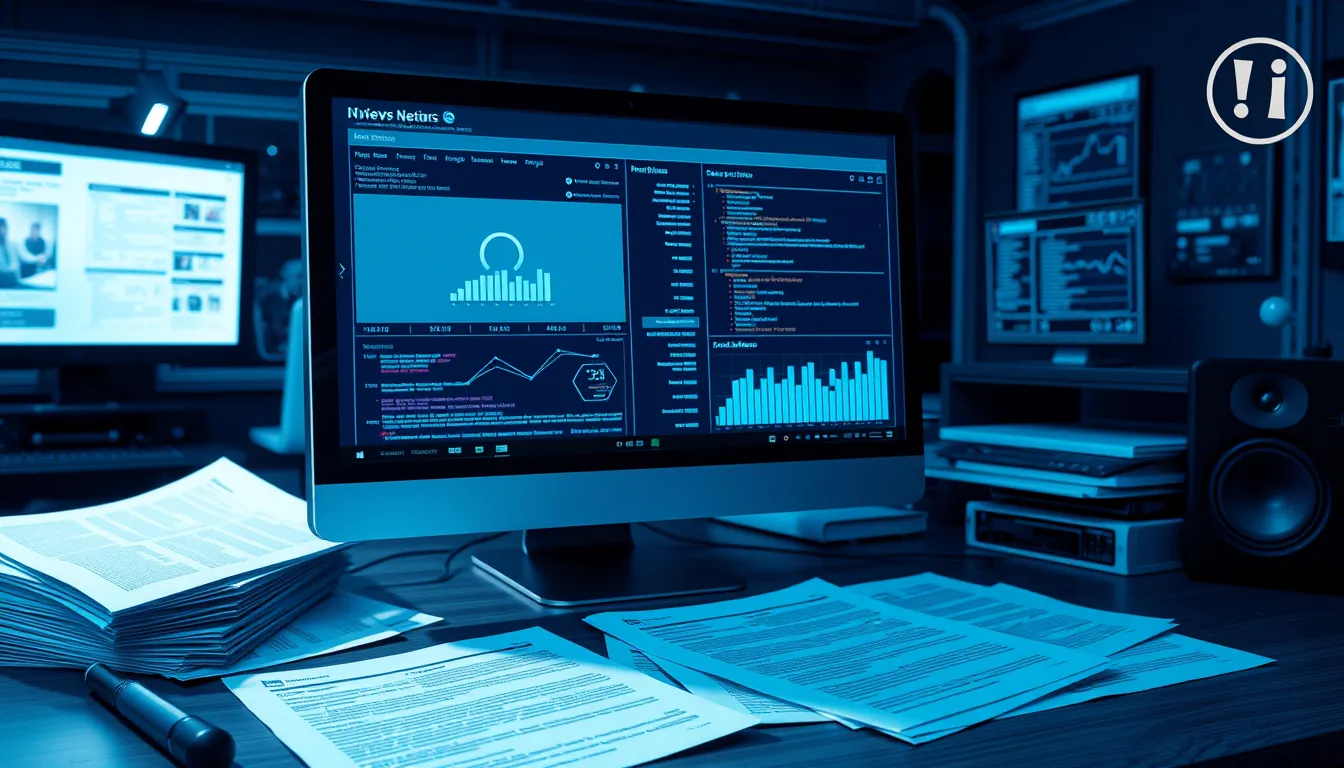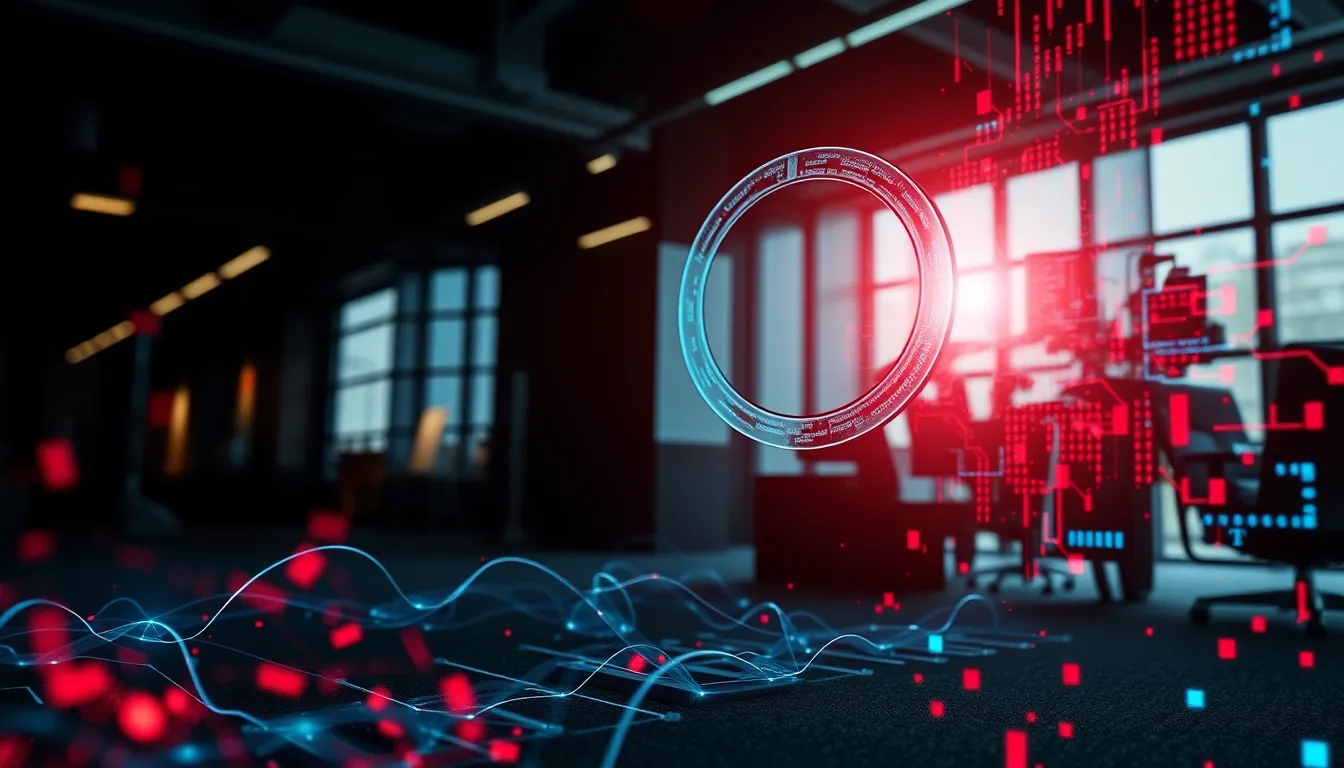Now Reading: Controversial OpenAI Copyrighted Data: Legal & Ethical Insight
-
01
Controversial OpenAI Copyrighted Data: Legal & Ethical Insight
Controversial OpenAI Copyrighted Data: Legal & Ethical Insight

Controversial OpenAI Copyrighted Data: Legal & Ethical Insight
Introduction – The Impact of OpenAI Copyrighted Data on AI Innovation
The rise of artificial intelligence has brought a host of groundbreaking developments and, at the same time, sparked numerous controversies. At the forefront is the sensitive issue of OpenAI copyrighted data. As AI systems mature, the debate over the use of copyrighted materials in AI training has intensified. This article dives into the legal and ethical conundrums of using such data and the broader implications on AI innovation.
Understanding the Controversy Behind OpenAI Copyrighted Data
A recent groundbreaking study has stirred debate by claiming that major AI companies, including OpenAI, routinely employ copyrighted material for training their models. The study argues that while acquiring vast amounts of data is critical for achieving breakthrough performance, it involves aggregating content from a myriad of online sources (news articles, academic papers, blogs, and social media), many of which are protected by copyright laws.
Ethical Considerations in AI Training Data
The inclusion of copyrighted materials without explicit permission challenges the ethical boundaries of data usage. Some key ethical concerns include:
- The devaluation of original creative work.
- The potential exploitation of creators who are not compensated for the use of their content.
- The lack of transparency regarding the sources of training data.
By potentially infringing on intellectual property rights, AI developers risk undermining the rights of artists, journalists, and authors. This practice not only poses legal challenges but also raises broader questions about ethical standards in AI research.
Legal Challenges and Intellectual Property Rights
Legal issues are central to the discussion surrounding OpenAI copyrighted data. The study highlights that the methods employed—aggregating data from disparate sources—could lead to litigation, as the use of such material might violate established copyright laws. Legal scholars express concern that:
- The integration of copyrighted content without proper licensing may lead to lengthy legal battles.
- Intellectual property rights could be compromised, potentially reshaping legal frameworks governing digital content.
- Regulatory bodies might impose stricter guidelines, impacting how AI training datasets are compiled in the future.
The legal ramifications are significant; if challenged successfully in courts, these practices could force AI companies to drastically change their data collection strategies.
How OpenAI Uses Copyrighted Data for AI Training
Delving deeper into the specifics, it is important to understand how OpenAI uses copyrighted data. Although much of the data originates from publicly accessible online platforms, the study notes that even publicly available content can be subject to copyright. This raises complex questions about fair use and licensing arrangements in AI. A few pivotal points include:
- Transparency: There is a critical need for companies to disclose their data clearance procedures.
- Accountability: Ethical AI training should incorporate clear guidelines that respect intellectual property.
- Collaboration: Fostering dialogue between tech companies and legal authorities can help develop standards that protect both innovation and creators’ rights.
The Broader Implications for AI Innovation and Industry Regulation
While adopting large-scale datasets accelerates AI development, relying on unsanctioned copyrighted material stresses a delicate balance between rapid innovation and legal compliance. Industry experts and policymakers are pushing for enhanced regulatory frameworks that could include:
- Robust data clearance procedures.
- Comprehensive licensing arrangements for using third-party content.
- Clear, enforceable guidelines that set a balance between creative freedom and legal rights.
These measures could foster a safer environment for innovation while ensuring that intellectual property rights are respected, thus paving the way for a more ethically sound AI industry.
Conclusion – Navigating the Dichotomy of Innovation and Copyright Laws
In summary, the controversy over OpenAI copyrighted data highlights a pivotal moment in the evolution of artificial intelligence. The integration of copyrighted materials into AI training datasets undeniably contributes to the remarkable capabilities of modern AI systems. However, it simultaneously poses significant legal and ethical challenges that demand careful scrutiny. As the debate continues, it is incumbent upon industry leaders, legal scholars, and policymakers to collaborate in establishing transparent standards and regulatory measures that protect content creators while fostering AI innovation.
The discussion of how OpenAI uses copyrighted data for AI training exemplifies the broader conflict between innovation and intellectual property rights. It is clear that moving forward, ethical considerations and legal frameworks must evolve to keep pace with technological advances. By addressing these concerns head-on, the AI industry can continue to innovate responsibly, ensuring that progress does not come at the expense of fairness or legality.
Through open dialogue, rigorous data management practices, and collaborative regulation efforts, the challenges posed by the use of OpenAI copyrighted data can be transformed into opportunities for a more equitable and legally sound future in AI research and development.

























